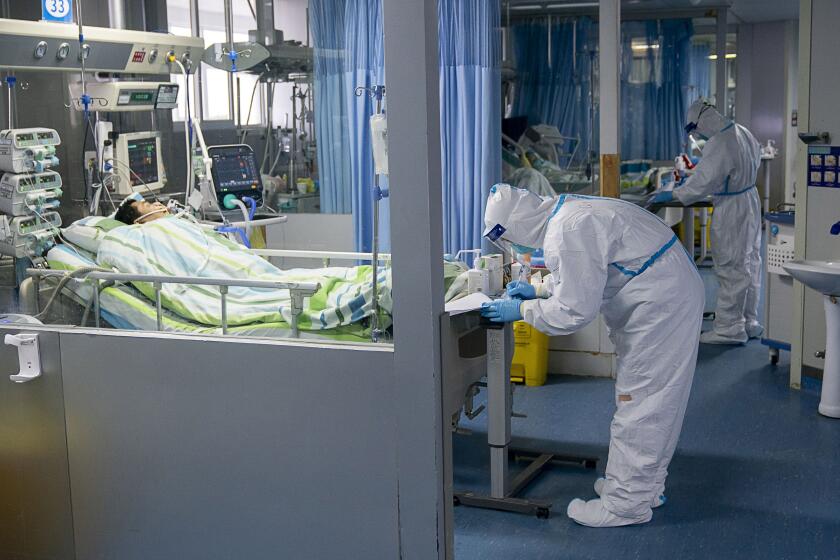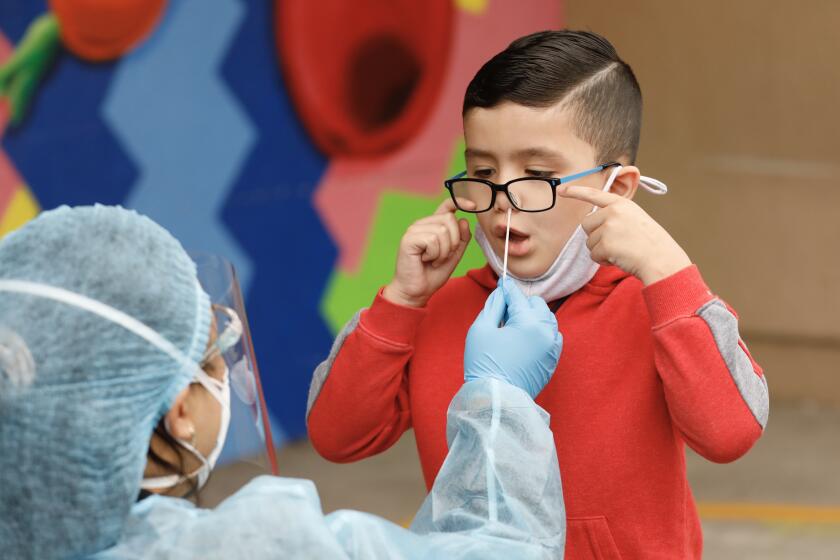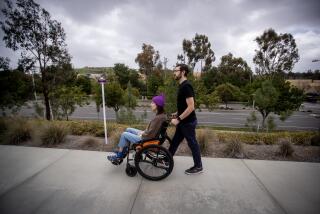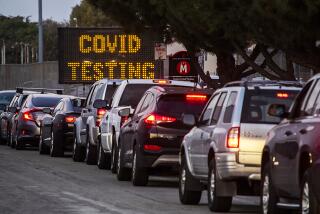Can kids get ‘long COVID’ after coronavirus infections?
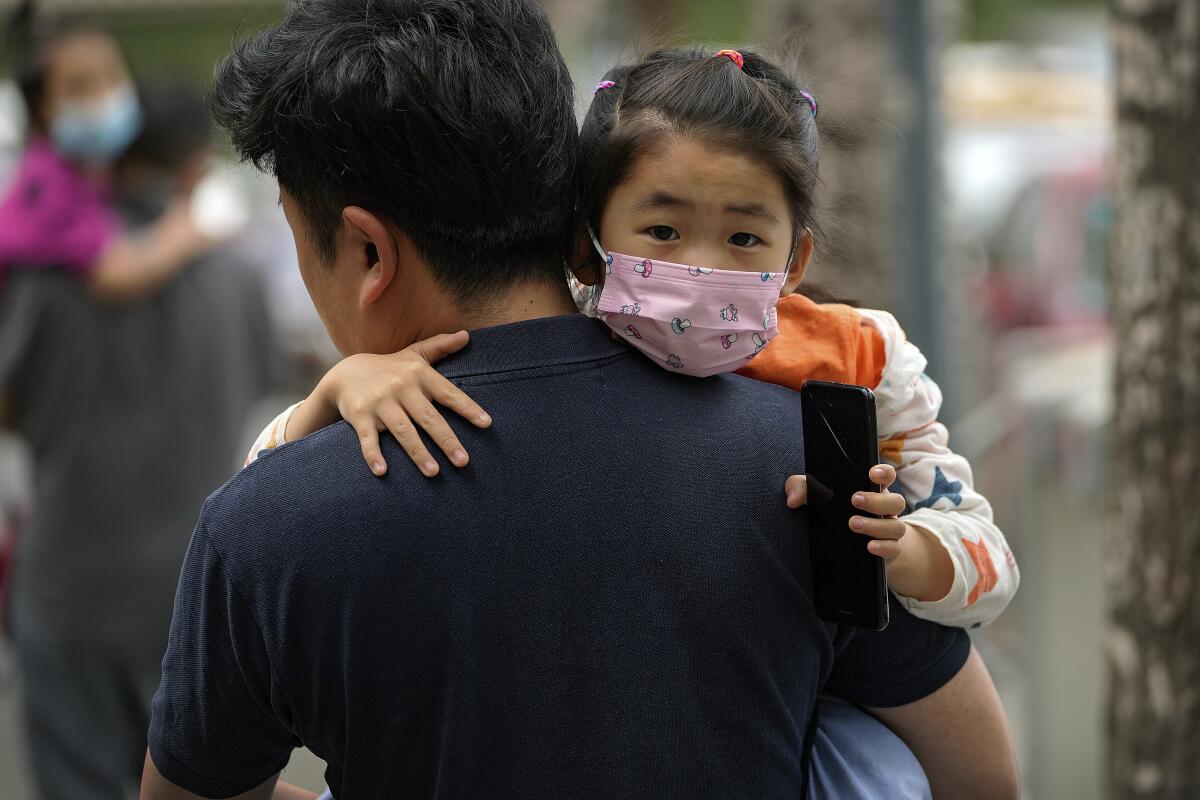
Can kids with coronavirus infections wind up with the perplexing condition known as “long COVID?”
Yes, but studies indicate they’re less likely than adults to be affected by symptoms that persist, recur or begin a month or more after infection.
Estimates vary on how often the symptoms of long COVID-19 occur in kids. A recently published study from Britain found about 4% of young children and teens had such symptoms more than a month after getting infected. Fatigue, headaches and loss of smell were among the most common complaints, and most were gone within two months.
Coughing, chest pain and brain fog are among the other long-term symptoms sometimes found in kids. They can occur even after mild illnesses or asymptomatic infections.
A study of more than 1,200 COVID survivors who were once hospitalized finds that about half have at least one symptom a year later.
Some studies have found higher rates of lingering symptoms than in the British study, but kids are thought to be less commonly affected than adults. About 30% of adult COVID-19 patients develop long-term symptoms, according to some estimates.
Experts aren’t sure what causes the long-term symptoms. In some cases, it could reflect organ damage caused by the initial infection. Or it could be a result of the virus and inflammation lingering in the body.
Kids can develop other rare problems after an initial coronavirus infection, including heart inflammation or a condition known as multisystem inflammatory syndrome in children, or MIS-C. That involves fever and inflammation affecting different body parts, among other possible symptoms. Affected kids generally need to be hospitalized, but most recover.
Now that Comirnaty has full FDA approval, doctors can recommend the COVID-19 shot to anyone for ‘off-label’ use, including children under 12.
A similar condition can occur in adults.
The rapid spread of the highly contagious Delta variant has some doctors worrying about the potential for higher numbers of children being at risk for long COVID-19.
Because of the potential for long-term consequences, the American Academy of Pediatrics recommends follow-up doctor visits after children recover from an initial coronavirus infection.
